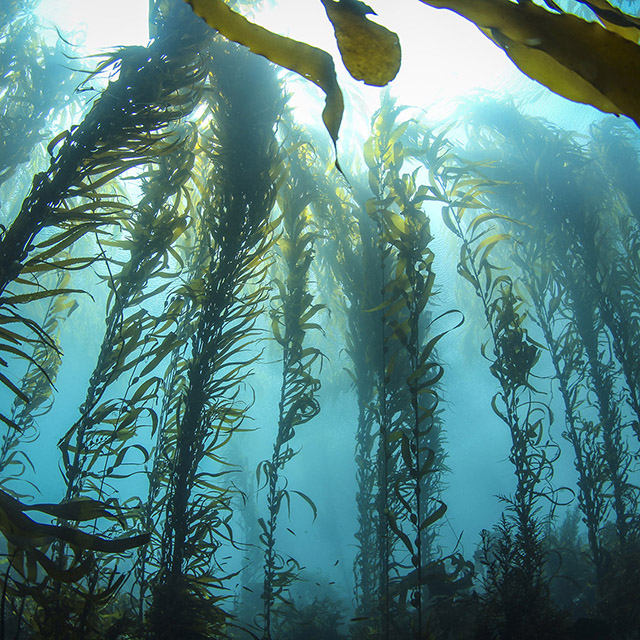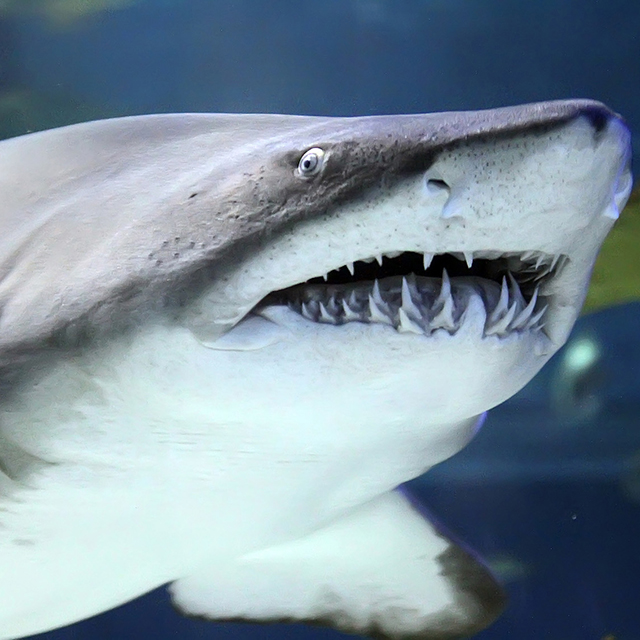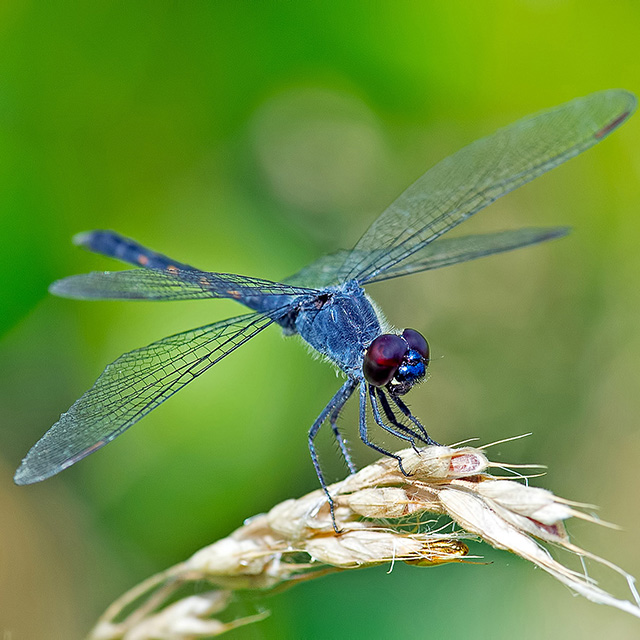-
What do These Organisms Have in Common? They All Teach Us Ways to Save Energy
Biomimicry, the term that describes technology inspired by Nature, was coined in the mid-twentieth century. Today, that approach makes it possible to create energy-saving solutions.
The first great industrial revolution thrived because of cheap energy sources, like coal, which would later be replaced by the oil boom. At the time, the so-called black gold literally flowed from the earth spontaneously in places like the USA. A giant leap in productivity, on the shoulders of the steam engine, propelled our civilization into the modern age. However, the current scarcity of resources and a growing ecological awareness are carrying us to a new era where power efficiency and sustainable energy are quickly becoming non-negotiable.
Today, one of the main selling arguments for new cars is their reduced gas consumption, while electric engines are slowly but steadily gaining traction. Likewise, terms such as the circular economy, with its zero-waste approach, are becoming part of the productive lingo. Within that kind of framework, there’s a scientific discipline that is garnering numerous supporters. It’s called biomimicry, which basically means applying the solutions of Nature to technological challenges. We recently talked about biomimicry examples such as bio-glue inspired by slugs or pinecones as the inspiration for autonomous buildings. In this article we will be dealing with a range of technologies that, based on biomimicry, provide smart energy-saving systems.
Turbines moved by whale flippers
“This can’t be right”, said Frank Fish, an expert in fluid mechanics, upon inspecting the sculpture of a whale in a gift shop. He was talking about some weird bumps that, according to conventional scientific thinking, should be placed at the back instead of the front of the animal’s flippers. That looked blatantly inefficient. After making some research, however, he realized that the sculptor, let alone Nature, were not on the erring side: the bumpy edges, technically called tubercles, were far more efficient than any other technique implemented so far in turbines and fan blades. The fact was that the bumps helped to channel the water and create multiple whirlpools, providing the whale with a stronger impulse and allowing it to move its flippers in wider angles with a decreased resistance to water.
Soon after that, Frank Fish founded WhalePower Tubercle Technology, a startup that has developed a range of solutions, from graphic-card cooling fans to diesel engine refrigeration systems, all of them based on those whale “bumps”.
Bee hives that teach us to optimize energy consumption
The Biomimicry Institute is one of the staunchest defenders of Nature as a source for technological solutions. One of their latest energy-efficiency designs is a software solution that goes under the name of Swarm Logic and is based on the communication patterns amongst bees. This software allows to control the most power-hungry devices within a system, as AC units and heating equipment, and adapt them to the actual demand. According to its developers, this software solution can provide energy savings between 15% and 30%.

Those seaweeds have the moves
Solar and wind energy have become staples of the current energy mix. In fact, there are countries like Portugal that have recently covered their power needs exclusively with renewable energy for four days in a row, something that would have been unthinkable a decade ago. However, there’s another renewable energy that may not hit the headlines but, nevertheless, has a huge potential: tidal energy. In their quest to find an optimal way of harvesting the kinetic energy of the sea, the Australian researchers at BioPower Systems decided to take a leaf from a certainly old book: seaweeds. This subaquatic vegetation, which can reach lengths exceeding several feet, follows the tides instead of resisting them. Their movement would inspire them to create BioWave, a system of pivoting heads rocked by the water currents. Today, at BioPower Systems they are developing a 1MW power plant.
Fern-based solar cells
Still in Australia, though leaving underwater environments behind and moving to the mainland, a team of researchers at the RMIT University have found inspiration in the fractal structures of fern leaves. The leaves of this plant have rich vein networks that enables it to store energy and distribute water efficiently throughout the whole structure. Thus, the Australian scientists have developed a new type of electrode with a storage capacity 3,000 times larger than current electrical systems. Although this technology is still in its infancy, the prototype, which makes use of a graphene film, could open the door to solar cells able to harvest and store energy in a single device.

Sharks become flight instructors
Aviation is one of the sectors that has made the biggest strides concerning energy efficiency. Each new plane from Boeing or Airbus consumes less fuel and has a larger flight range than the previous one. Biomimicry also haves a say in this field, specifically through the behavior of sea creature. Up till now, airplanes made use of a completely smooth fuselage. However, the engineers at Airbus paid attention to Nature and found that sharks, a highly efficient species concerning the movement through fluids, had their skin covered by millions of microscopic scales, also called dermal denticles. Following their example, the engineers developed small ‘riblet’ patches – textured surfaces applied to the fuselages and wings that mimic the effect of sharkskin. This drag-reducing surface has proved particularly effective in high-speed flights.

Wind turbines with dragonfly blades
Wind energy is one of the most efficient renewable sources of electricity. Nevertheless, it does suffer from its own disadvantages. The blades need comparatively high-speed winds to be set in motion, while they are also prone to malfunctioning when the wind currents become too strong. A team of researchers at the University of Sorbonne (France) analyzed the wings of flying insects like dragonflies to understand the source of their efficiency, which lies in their flexibility. Thus, they developed a prototype of flexible blades that, according to the results published by the Proceedings of the Royal Society A, behave more efficiently to the changes in the speed of wind and are able to generate more electricity under the same conditions as conventional wind turbines.
Do you know about any other examples of power-efficient technologies inspired by Nature? Let us know in the comments below.
Source: The Guardian, Power Technology
Write your comment
All fields are mandatory.
Thank you for your comment
More about Energy
Featured topics
Read the most discussed articles

{{CommentsCount}} Comments
Currently no one has commented on the news.
Be the first to leave a comment.
{{firstLevelComment.Name}}
{{firstLevelComment.DaysAgo}} days ago
{{firstLevelComment.Text}}
Answer{{secondLevelComment.Name}}
{{secondLevelComment.DaysAgo}} days ago
{{secondLevelComment.Text}}